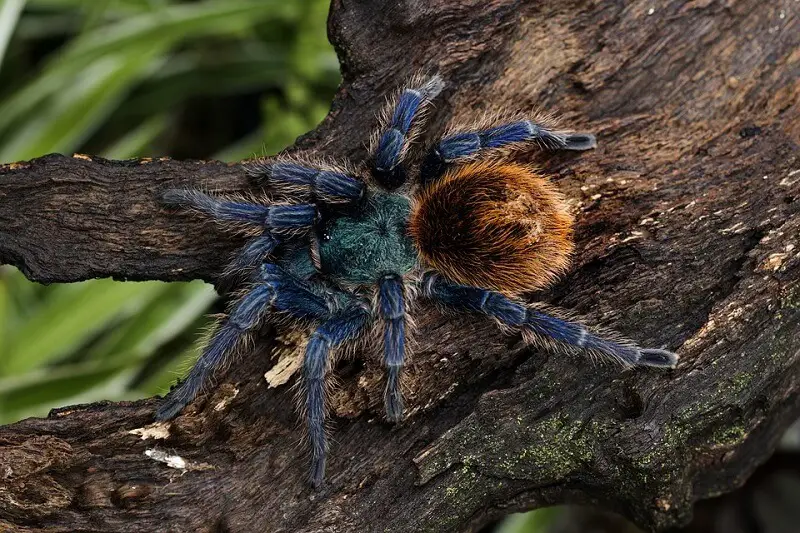Pets are important members of our families, so it’s no wonder that the pain is often deep when they are euthanized. But sometimes the decision to end the suffering of a pet is left on our shoulders and this can lead to some feelings of guilt. Knowing more about the process of putting a pet to sleep and how to cope with these feelings is an important part of the healing process.
Reasons why a pet is euthanized
Although we often want our pets to live forever, the reality is that, like humans, pets are not immortal. They may suffer from different wounds and diseases and eventually pass from this life, either with or without the help of humans.
Some animals have untreatable diseases, are unable to have a good quality of life, have chronic pain, have organs that are no longer functioning, or are injured to the point where they can’t be cured. These reasons and many others may justify a discussion with your veterinarian about euthanizing your pet to ease its suffering.
How is a pet euthanized?
The most common way to euthanize a pet is by overdosing on an anesthetic agent. This drug is injected into its vein, and the pet falls into unconsciousness, cannot feel anything, and its heart, lungs, and brain stop functioning.
Usually, pets are also sedated before this injection to relax them and help them stay still. Sedation can be administered in the muscle or vein. Owners often have the option of being with the pet during this procedure, but do not necessarily have to. Apart from the sting of the needle, this procedure is considered painless.
Sometimes a pet is already under anesthesia and the option to euthanize a pet occurs due to complications or untreatable conditions. The same type of injection is given to a pet that is already anesthetized so that the animal does not feel anything.
Is it human to euthanize a pet?
The word euthanasia means “good death” in Greek, and is used to describe the act of putting a pet to sleep. Pets who suffer and who no longer have a good quality of life often receive the chance of stopping the pain and enduring more than they can take.
The fact that we can provide this kind of relief to our pets is seen as a positive thing by most people, and the way it is done is very human.
Occasionally, overcrowded animal shelters and people will opt to put to sleep a healthy pet. This is often referred to as conventional euthanasia because there is no medical reason to euthanize the animal.
Lack of space, time, resources, and other reasons related to the wishes and needs of the animal and/or the person lead to this choice. Euthanasia for convenience is a controversial topic that some claim is not human. Many veterinarians will even refuse to offer this type of procedure in such cases.
How to deal with the guilt
 In most cases, a pet is euthanized for very strong reasons. Your veterinarian can help you determine when will be the right time to put your pet to sleep if you know that your pet is suffering because sometimes this is the only way to relieve its pain.
In most cases, a pet is euthanized for very strong reasons. Your veterinarian can help you determine when will be the right time to put your pet to sleep if you know that your pet is suffering because sometimes this is the only way to relieve its pain.
It’s painful to say goodbye, but when you euthanize a pet, you may find comfort in knowing it’s no longer suffering. Guilt is often a normal emotion when we have to make a difficult decision, especially if we are not sure it is the right one. It is hard to make a life-or-death decision and not question our choice, whether or not we could have done anything else to prevent the loss of our pet.
In these moments, we must remember that we cannot always predict the future, so looking back and thinking that we could, or should have done something different to prevent this result, is not productive.
Feeling guilty does not help the situation. The best thing we can do is reflect and learn from our past experiences. It is unlikely that any decision we made for our pet was to intentionally try to hurt it, in order to feel guilty for doing something right or not.
In these difficult times, it can even be helpful to remind ourselves that we should love and forgive ourselves as our pets have done so often. We can learn a lot about unconditional love from our pets and giving grace and understanding are good ways to honor their memory.




